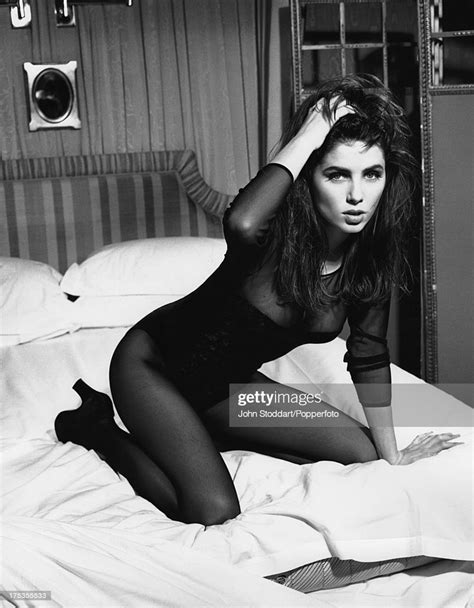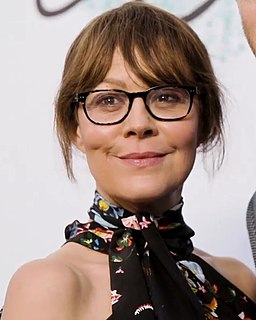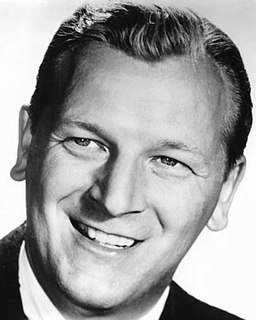A Quote by Sadie Frost
My childhood was colorfully anarchic and punctuated by a lot of change.
Related Quotes
The literal record was not a hopelessly and imperfect fraction of truly insensible gradation within large populations but an accurate reflection of the actual process identified by evolutionists as the chief motor of biological change. The theory of punctuated equilibrium was, in its initial formulation, little more than this insight adumbrated.
The role you've been ascribed in childhood can twist or break apart or seem outgrown, especially when you have your own family and begin to see your own childhood from a different angle. You remember. You reassess. I think that was the kernel of the novel for me. This idea that you change but that your family, the people you were born into, might find that change hard to accept. You no longer fit the mold you've always been ascribed. When the adult children in the book converge back on their small family home there's a sense that they don't fit there anymore.
But when I realized it was actually going to be this portrait of the artist, birth to death, I had to then discover who Margaret as a young woman would be. I had to find the different voices for her throughout her life. I had a lot of fun discovering that. I had a lot of fun writing the childhood sections. By imagining her childhood, I was able to come up with this voice that matures as she gets older.




































